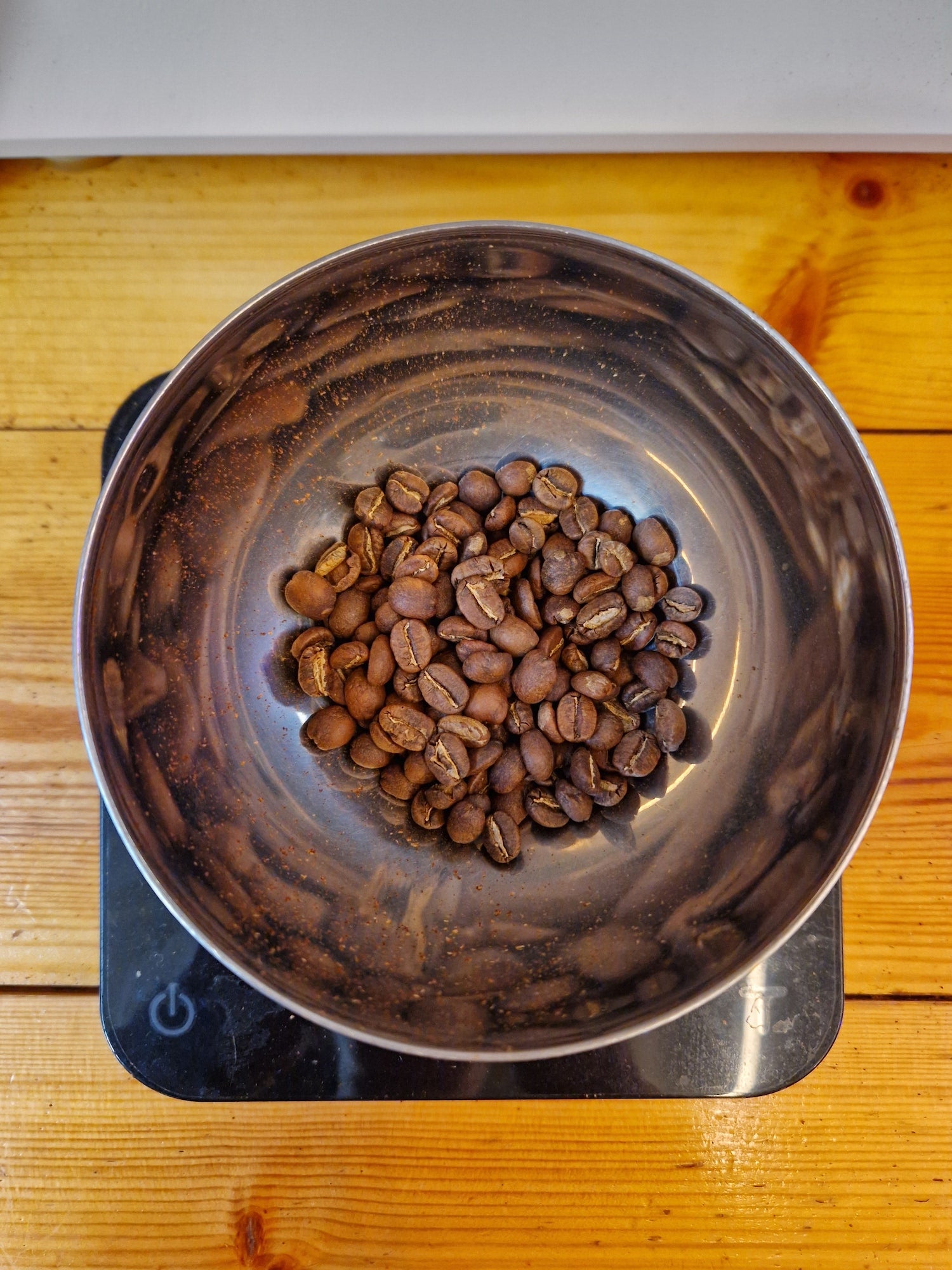
Kenya
MASL - 1200 - 2300
Usual processing methods - Natural, Washed
Kenya is one of the latest countries to grow coffee, some 300 years after the plant was first cultivated for sale. Coffee was originally planted in Kenya while it was still under British occupation. Its cultivation became increasingly important as demand for coffee grew in Europe. Once Kenya achieved independence from Britain in the 1960s, many small holders were given coffee plantations as part of the distribution of private and colonially-owned property.
In the 2000s approximately 85% of coffee plantations were owned by Kenyan farmers. Today the majority are small farms, some with as few as 150 coffee trees.
This coffee is brought to us by Lot 20. In their own words their mission is “to innovate through cutting-edge experimental processes to bring the best of Kenyan coffee to the world.” Their coffee processing facility is based in the fertile highlands of Kericho, Kenya. Born of a desire to help smallholders in their region access the world market, improve the quality of their coffee and experiment with natural processing, which has become almost synonymous with African specialty coffee.
Lot 20 are passionate about creating opportunities for their fellow coffee growers especially as the Kericho and Bomet regions have long been overshadowed by Central Kenya where the Nairobi Coffee Exchange is based. By helping smallholders organise and work together, Lot 20 is paving the way for coffee growers in their region to process and sell excellent quality, speciality grade coffee independently.
Limited Edition Orange Co-Ferment
We spoke to Sidney, from Lot 20, about the origin story of this bright, fruity delight and this is what he said:
“This beauty is thanks to our station manager Flo. She was inspired by South American growers doing co-fermentation. She wanted peaches but those ain't tropical! So orange it was and what a wonderful result it was.
We have nice juicy oranges here most months of the year. So Flo and gang pulp in a giant scary giant monster blender and we mix the orange pulp with floated and sorted cherries.
The "cocktail" is left to ferment for 4 days under low Oxygen environment and then after that they go to the drying beds for up to 30 days and then rest for many weeks before being hulled graded and send to the good folks at Omwani.
The orange co-ferment is now a stable of our wacky experimental coffee thanks to Flo.
The profile changes seasonally depending on the oranges we get from the local markets.
We are doing this season the same protocol with a citrus called pixie , they are juicy and sweet and lush. I can't wait to get this to you as well.”
This coffee is one to try if you like tangy, sweet, mouthwatering vibes. It makes a beautiful, quite subtle pour over and a vibrant espresso.
